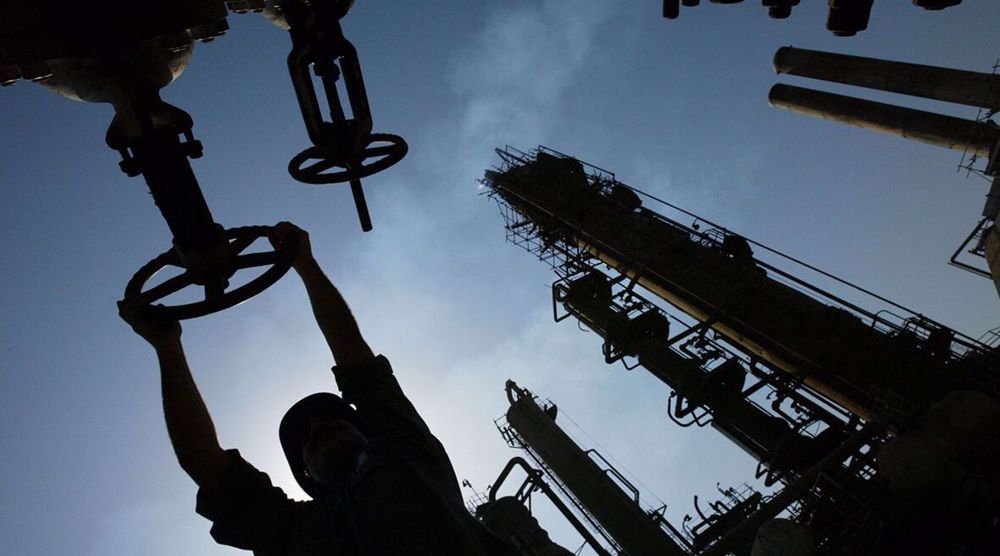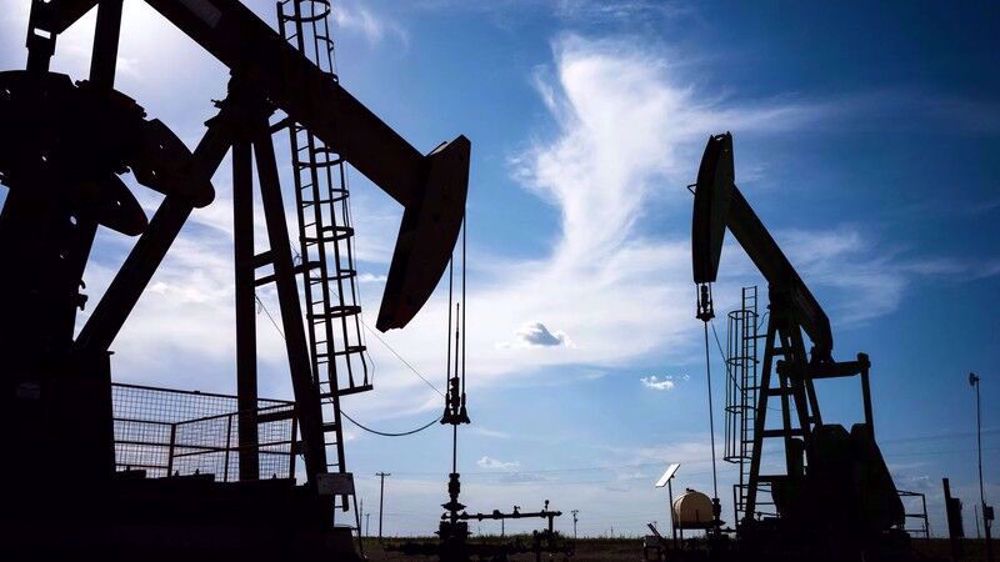Russia says oil freeze plan lost relevance
Russian Energy Minister Alexander Novak said the idea of freezing oil production has lost its relevance.
"Today, since we are seeing that oil prices have bounced back, and bounced back quite high in comparison with the start of the year, this freeze issue has so far lost its relevance,” Novak has been quoted as saying by Russian media. “We shall see how the situation evolves further," he said at the Vesti Finance forum.
The idea of the freezing of oil production by the leading oil-producing countries emerged at the start of the year when oil prices fell below $30 per barrel. In late January Russia, Saudi Arabia, Qatar and Venezuela agreed to freeze oil production at the January level, provided other members of the Organization of Petroleum Exporting Countries (OPEC) join this initiative.
The countries were going to finalize these agreements at an OPEC meeting in Doha in April. However, the freeze deal fell apart over differences between Iran and Saudi Arabia.
Novak said later that if no freeze agreement is reached over the next two or three months, the idea would become irrelevant.
Iran had so far rejected the call to freeze its output as unfair and emphasized that it will go ahead with its plans to increase its oil production.
Iran’s Oil Minister Bijan Zangeneh said in early May that the country is still determined to increase its oil production to as high as four million barrels per day (bpd), stressing that Tehran will only negotiate over joining the oil freeze plan when that target has been achieved.
“We will resort to any move to regain Iran’s lost share in the oil market and increase the country’s production to four million bpd,” Zangeneh has been quoted by the media as saying.
He further described joining the oil freeze plan as a voluntary act of self-sanctioning.
Zangeneh elsewhere said Saudi Arabia is largely to blame for the freefall of oil prices from highs of above $100 per barrel to around $40 per barrel today.
He said oil fell as a result of the persistence of the Saudis to keep their oil production at 10 million bpd as well as by underrating the prices that Iran quotes its clients.
VIDEO | Report flags India’s violation of rights of Rohingya detainees
Turkey's foreign minister meets Syria's de facto leader in Damascus
'Next to impossible' to rescue patients from Gaza's Kamal Adwan Hospital: Director
VIDEO | Vietnam current prosperity
Report blames gasoil exports for shortage at Iranian power plants
VIDEO | Hind Rajab Foundation names Israeli war criminals vacationing after Gaza genocide
VIDEO | Australians rally for Gaza ahead of Christmas festivities
VIDEO | Attacks on Sana'a










 This makes it easy to access the Press TV website
This makes it easy to access the Press TV website